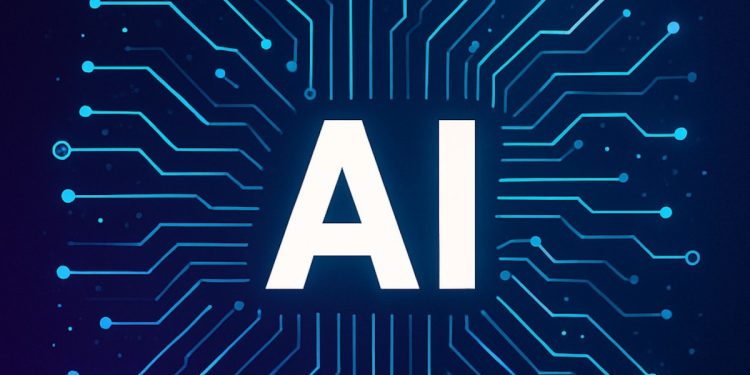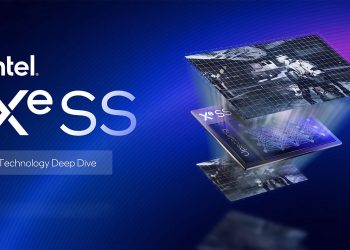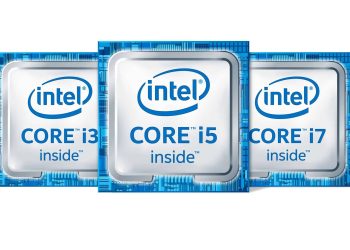Pat Gelsinger, the former Intel chief executive, told CNBC in an interview this week that the tech world is currently in an AI bubble but he does not expect it to end “for several years.” That matters because Gelsinger pairs the warning with a belief that big changes in infrastructure and chip design could keep the industry moving even if some companies lose value.
Asked whether the sector was in a bubble, he replied, “Of course. Of course we are. We’re hyped, we’re accelerating, we’re putting enormous leverage into the system.” He added, “I don’t see it ending for several years. I do think we have an industry shift to AI… businesses are yet to really start materially benefitting from it.” Gelsinger’s remarks sit alongside a string of public concerns about AI valuations. Some observers invoke the dot-com crash and the global financial crisis in 2008 when warning about overenthusiasm in markets.
Executives and analysts have been blunt. OpenAI’s Sam Altman said that “someone [was] going to lose a phenomenal amount of money” on unwise AI bets in a recent comment, and the company followed that discussion with another megabucks deal. At the same time, some market analysts put the scale of the current AI rush into stark terms. One estimate described the AI bubble as far larger than the dot-com era. International bodies have also flagged risk, with the IMF and the Bank of England warning that overinflated AI valuations could cause a “sudden correction” in markets.
Gelsinger does not simply warn. He highlights hardware and infrastructure work that could enhance AI efficiency and profitability. He cited Snowcap, a company he sits on the board of, which is planning superconducting and other next-step chip work; coverage of that startup’s launch appears at Data Center Dynamics here, and the company maintains a site at snowcapcompute.com.
“To me there’s a set of technologies on the horizon, some of which we’re driving, like our Snowcap, where we’re promising to be 100X better in power performance,” Gelsinger said. “Meaning a gigawatt datacenter, I can do it in 10 megawatts and deliver the same AI performance.”
His read is that such gains could alter the economics of AI, potentially slowing any rapid market collapse. Still, the debate over whether AI’s boom will end in a sudden crash or a long correction continues in finance and tech circles. If you want to watch the CNBC interview for yourself:
Comments and questions welcome. Share your thoughts on X, Bluesky, or our YouTube channel.
























